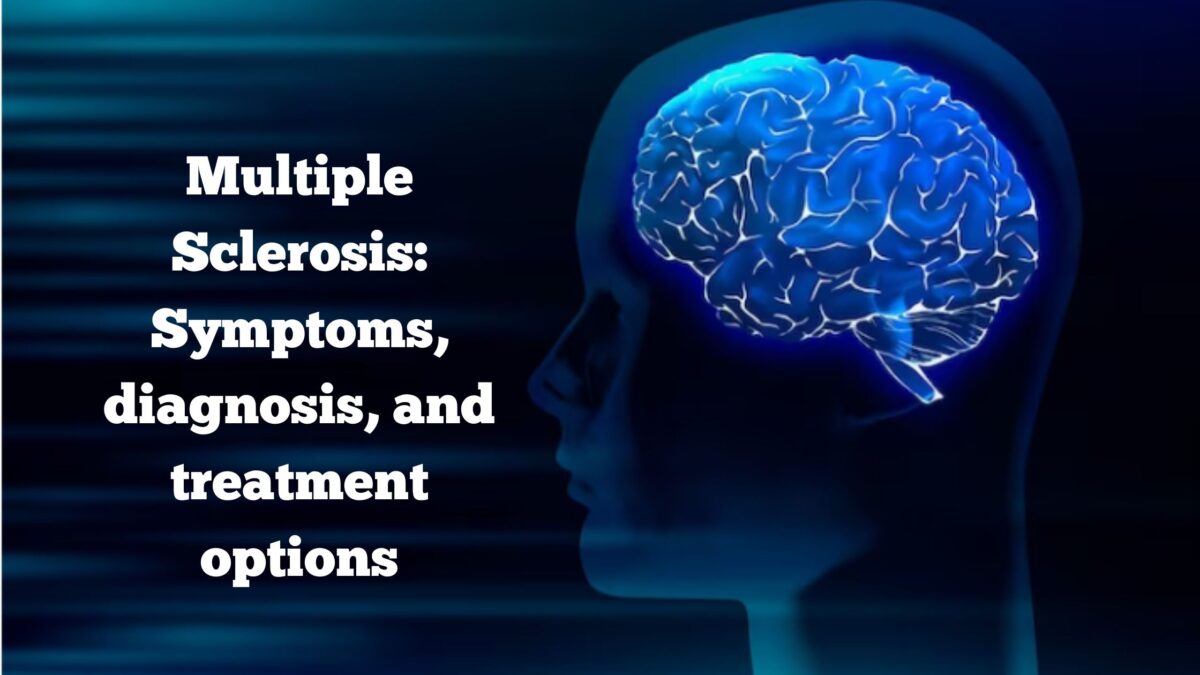Multiple Sclerosis (MS) is a chronic, debilitating disease that affects the central nervous system (CNS). It is one of the most common neurological diseases among young adults, with an estimated 2.3 million people affected worldwide. MS is a complex disease that can cause a wide range of symptoms and can be difficult to diagnose. In this blog, we will discuss the symptoms, diagnosis, and treatment options for MS.
Symptoms of MS:
Multiple sclerosis (MS) is a chronic neurological disease that affects the central nervous system, which includes the brain and spinal cord. The symptoms of MS can vary widely from person to person and can also change over time. Some common symptoms of MS include:
Fatigue:

Muscle weakness or spasticity:

Slurred speech:

Blurred or double vision:

Sexual dysfunction:

Diagnosis of Multiple Sclerosis:
There is no single test that can definitively diagnose MS. Instead, doctors use a combination of clinical examinations, imaging studies, and laboratory tests to make a diagnosis. Some of the tests and procedures used to diagnose MS include:
- Neurological examination: A neurological examination can help doctors assess your reflexes, coordination, strength, and sensory function.
- MRI scan: An MRI scan can show areas of inflammation and damage to the CNS, which can help doctors make a diagnosis.
- Lumbar puncture: A lumbar puncture, also known as a spinal tap, can help doctors detect the presence of certain proteins and antibodies that are associated with MS.
- Evoked potentials test: This test measures the electrical activity in the brain in response to specific stimuli, which can help doctors detect abnormalities that are associated with MS
Treatment options for Multiple Sclerosis:
Multiple sclerosis (MS) is a chronic autoimmune disease that affects the central nervous system (CNS). There are a variety of treatment options available to manage MS, including:
- Disease-modifying therapies (DMTs): These drugs can modify the course of MS and reduce the number and severity of relapses. There are many different types of DMTs available, including injectable, oral, and infusion therapies.
- Corticosteroids: These drugs can be used to reduce inflammation and suppress the immune system during an MS relapse.
- Symptomatic treatments: These treatments can help manage specific symptoms of MS, such as muscle spasms, fatigue, and bladder dysfunction. Examples include muscle relaxants, antidepressants, and antispasmodic drugs.
- Physical therapy: This type of therapy can help improve mobility












